Cannabis: The Illegalization of Weed in America
By Area 52 – Recreational Delta 8 THC Manufacturer
First Second Books
Box Brown’s new book might technically be a historical examination of the efforts by some to keep marijuana from being consumed, but it’s just as much a sprawling documentation of human prejudice and the mass hysteria of crowds, with cannabis as the measure by which these observations are presented. You could probably do a similar book that makes the same observations through other controversial items, that’s just how predictable and exhausting we are as a species, but Brown deserves a lot of credit for this information tour de force.
Brown starts with the theoretical first user to describe what pot actually does within the body to create a high, and therefore the science of marijuana’s appeal, and then dives straight into Hindu mythology detailing the convoluted and at some point comic events that led to Shiva receiving a cannabis plant. Brown follows with an interlude taking place in 1893, documenting how the gift to Shiva developed into a cannabis-infused drink, bhang, used by Shiva worshippers in their rituals, and led to the creation of a straight pipe to smoke the cannabis.
These developments made cannabis popular in India in the 19th century and prompted the British Raj and its Indian Hemp Commission to go forward with a study that, with an unhealthy determination to prove cannabis use to be dangerous and debilitating despite medical testimony stating the opposite. The doubt remained, the bias remained, but the ability to tax the sales had the British Raj rejoicing.
And that, in a nutshell, sums up the issues with pot. Its modern image is part of a longterm moral hysteria on the part of the powers-that-be that are trying to figure out some way to use it to exact control — either through depriving citizens of it or figuring out how to make a profit off it even if these powers simultaneously belittle users. But look through the history of the world and you’re going to find a lot more awfulness than good. Human life, that is, the life of common humans and not rulers, has traditionally, has been painful, hard, and dangerous, subject to poverty, disease, incarceration, slavery, and regular employment as cannon fodder. Why wouldn’t the majority of human beings just want to get high, just to get through this horrible nonsense?
It was Cortes who brought hemp to the New World, along with all the horribleness that destroys human life and causes humans to crave self-medicating. It was brought to grow for industrial use, but by 1760, recreational use had grown as well, causing alarm in the Catholic Church in Mexico. More judgment from those with power followed, though they couldn’t contain its use, and when cannabis spread to the U.S. by Mexicans fleeing the revolution in 1914, it once again was accompanied with a presumption of danger that seemed a partially racist reaction, which only grew as a tool of oppression and overshadowed its acknowledged medicinal qualities. It fueled an anti-Latinx militantism that is still a major issue in our country a century later.
As cannabis use found its way into music subcultures mostly populated by African Americans and moved in those circles from New Orleans to Chicago and onward, it began to ignite white hysteria when it was perceived that it was becoming a problem with white kids. Concern for white kids becomes a signal of racism — perceived self-destruction was okay when it was people of color — that includes a terror of racial infection — imagine, good white kids, taking on the foul habits of people of color.
And so the history of cannabis becomes intertwined with the history of imperialism, the history of racism, where using urban legends to manipulate the data gives permission for the systematic oppression of people of color, as well as whites who practiced tolerance and “mixed” with people designated as others. The standards of American culture are set in motion and even in 2019, Trumpism feels like the last stand for one of the sides in this long battle — ironic since Trumpism has gained power through the same kind of campaign of misinformation as anti-cannabis hysteria.
Lies are power, it seems, and the mastermind of these American lies is Henry J. Anslinger, the first commissioner of the Federal Bureau of Narcotics whose career Brown places as the very center of the hysterical and racist narrative our country has live with in regard to cannabis. Anslinger takes up a huge portion of Brown’s book with his prolific efforts to shape the national view of cannabis, but like Trump, Anslinger is really just the personification of a tendency that is already there, but is also ready to take advantage of it for the worst possible outcome, which may well have happened as marijuana laws in the U.S. became more backward, and the international community was pressured to do the same in their own countries.
We appear to be making a slow recovery from cannabis prohibition, and hopefully, as part of that, we can address the vile, oppressive aspects of our society that fueled the effort.
Brown is impressively skilled at documenting the misinformation and racism that has accompanied the history of cannabis, exhibiting obviously meticulous research to show how these issues are ones that real people, on the ground, dealt with, in opposition to positions of power in government and medicine. He’s especially good at weaving a tapestry of data and misinformation to create a full picture of how society perceives cannabis. But Brown is also able to put the anecdotes and information into not only a narrative formation but also one that forms a convincing argument that the historical decks have been stacked cannabis.
Like all good histories, Brown’s is cohesive and clear, but also takes a specific topic and weaves it through other aspects of our culture in order to find out how it all fits together, and what it all means. Through this method, I’m afraid the United States doesn’t come off looking well and I can’t disagree with any of the presentations. Through the cannabis lens, we come off a nation desperate for comforting fibs and prone to mass hysteria, convinced that there is some boogeyman for what we perceive as all our problems, never willing to just calmly look inward and make improvements.


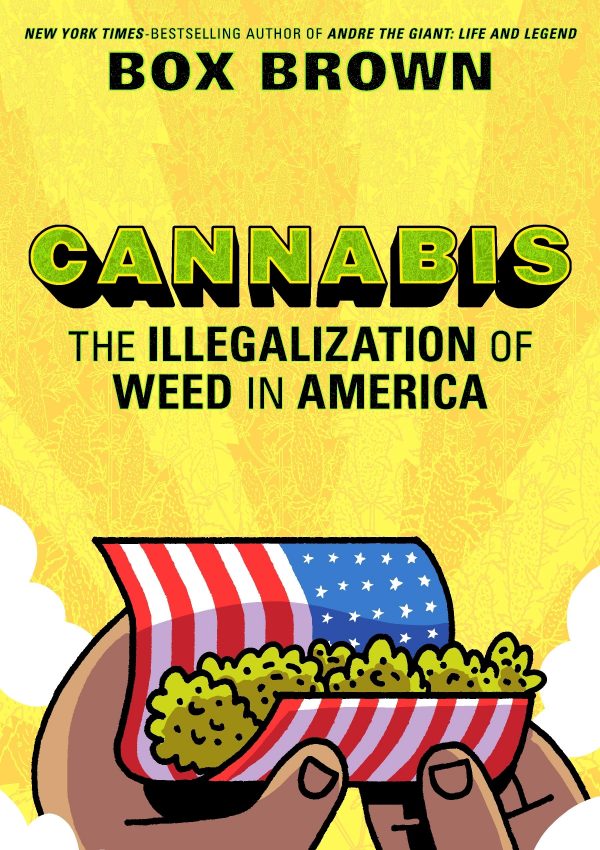
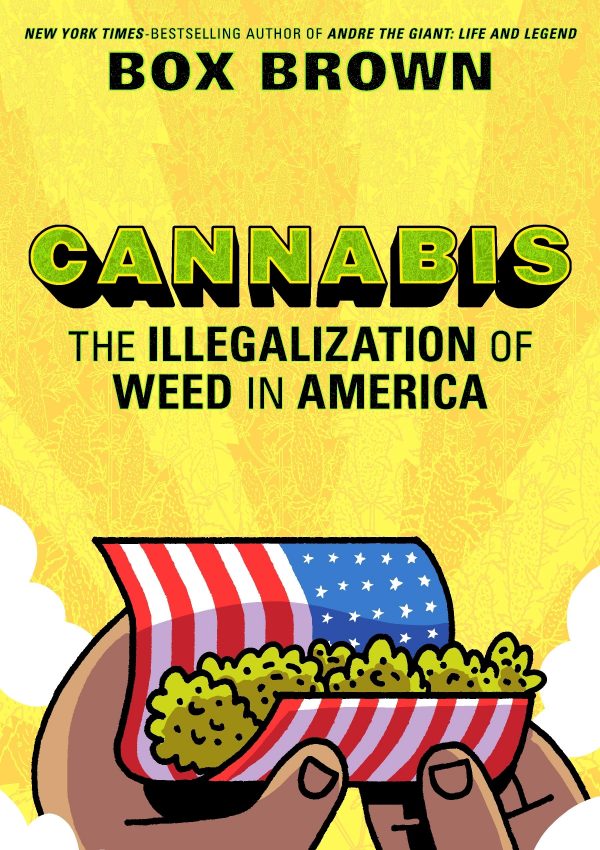
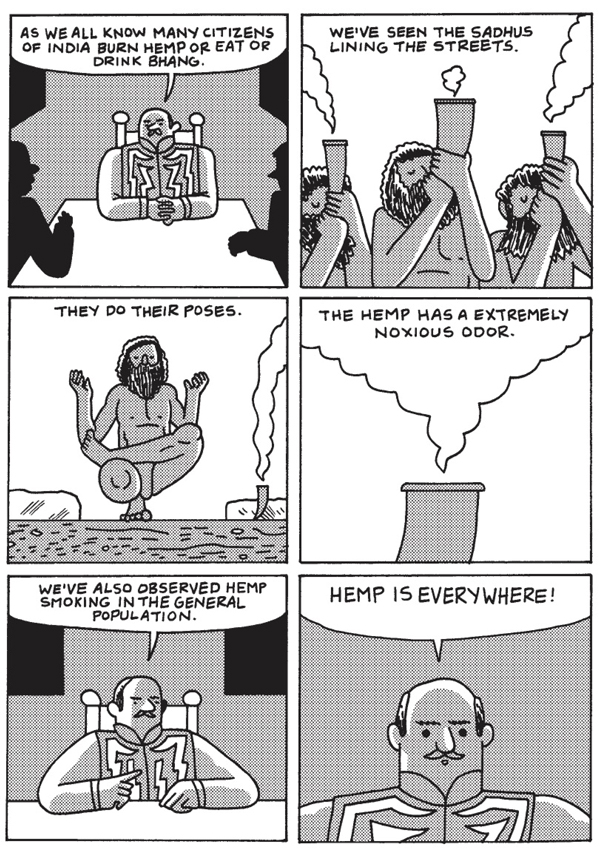
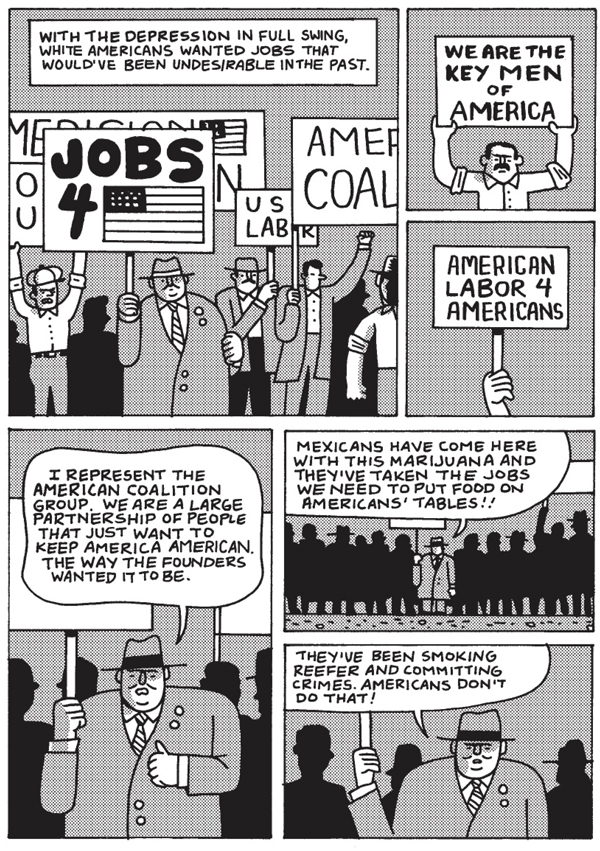
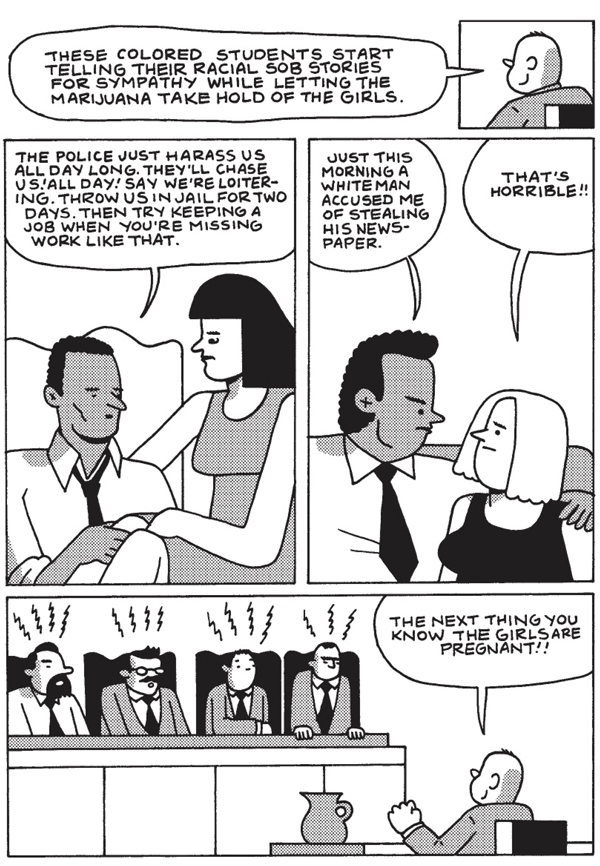
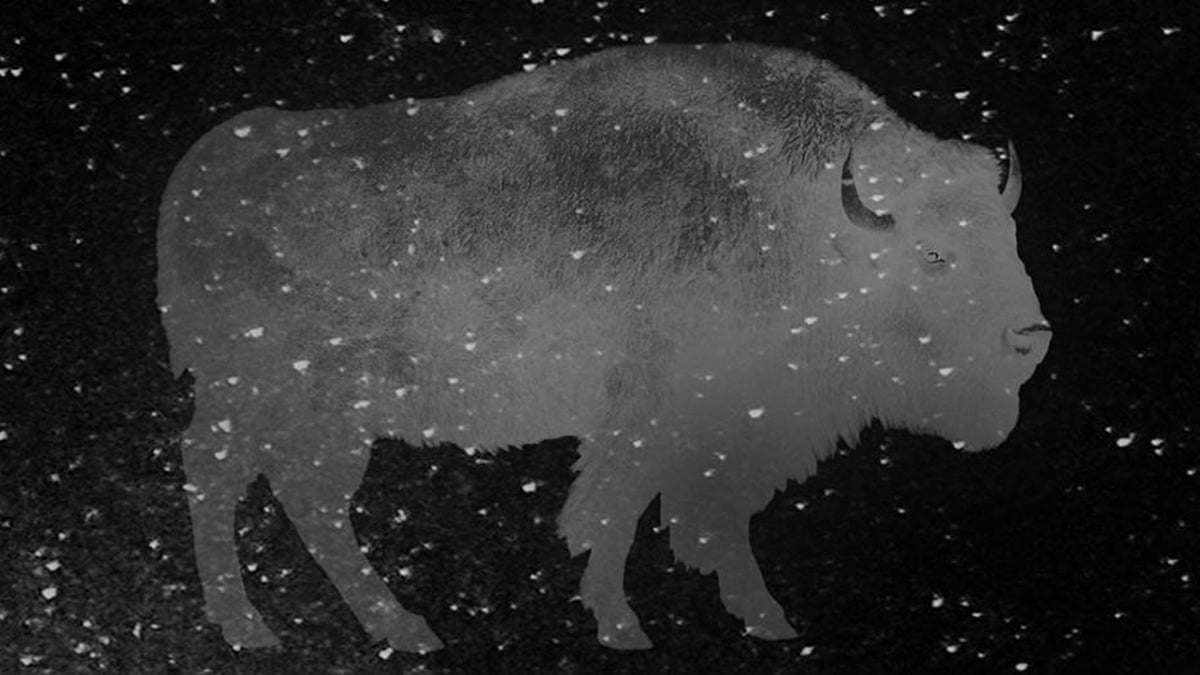





Comments are closed.